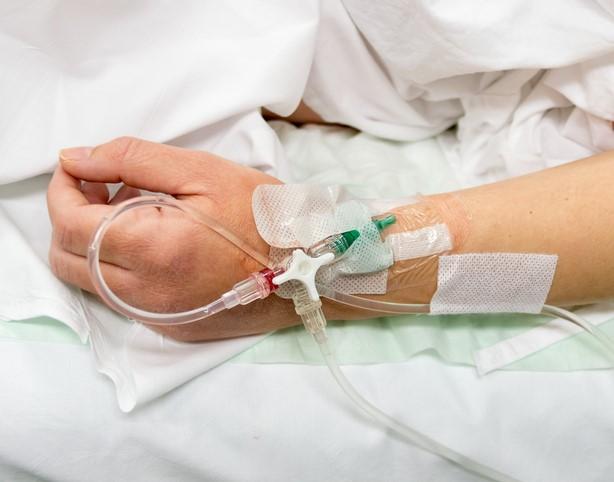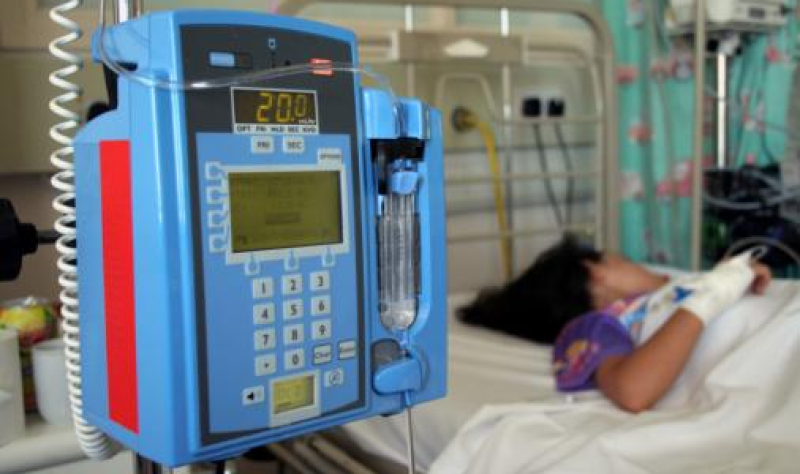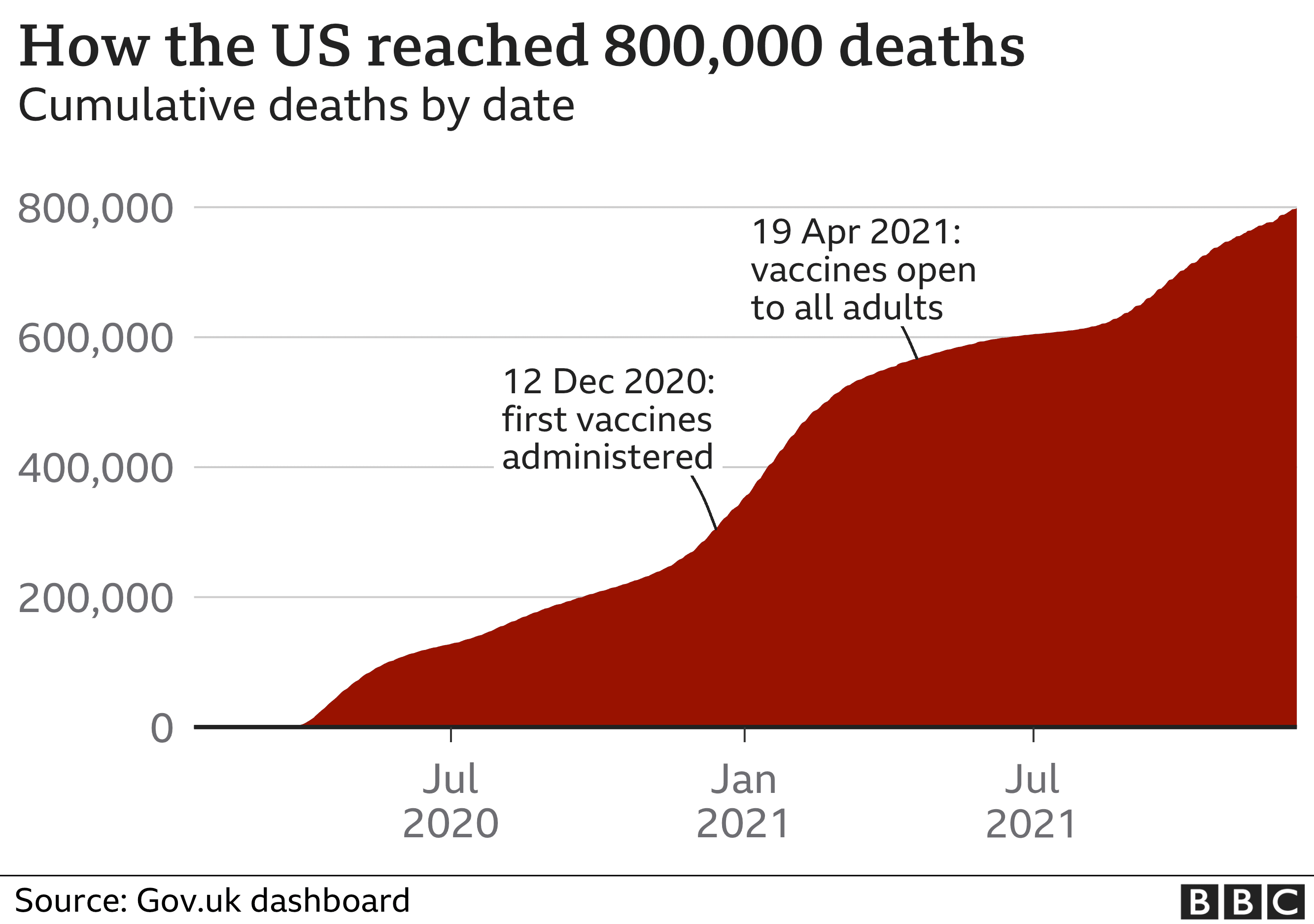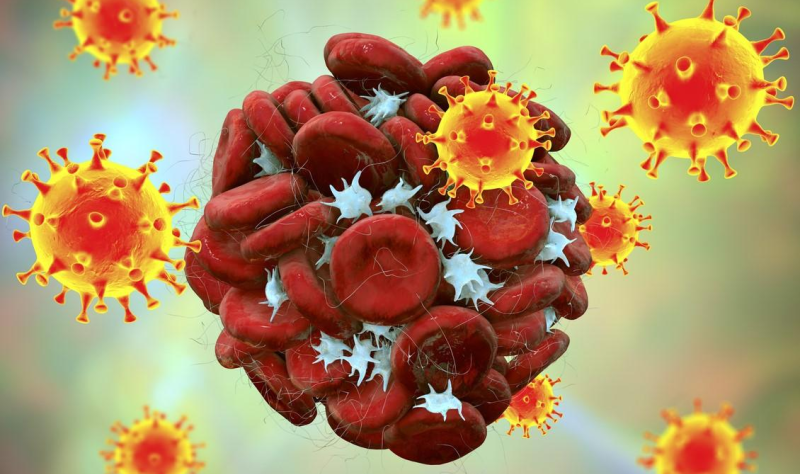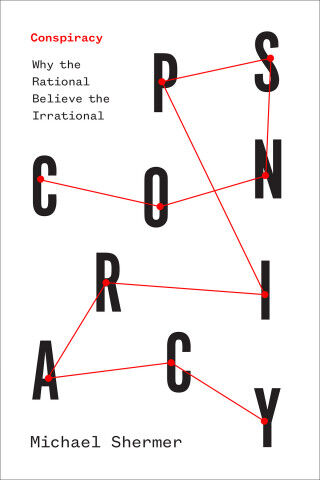COVID in California: S.F. rent assistance program stops taking new applications


COVID is causing people’s personalities to change, study finds
The COVID-19 pandemic has caused a decade’s worth of normative personality change in some people, according to a study published Wednesday in the journal Plos One. Researchers found that five-factor model personality traits — neuroticism, extraversion, openness, agreeableness, and conscientiousness — that were previously considered to be impervious to stressful adulthood events were heavily impacted over the past two-plus years in 7,109 individuals participating in ongoing personality assessments as part of the Understanding America Study. “Strikingly, younger adults showed disrupted maturity in that they increased in neuroticism and declined in agreeableness and conscientiousness,” the researchers discovered. They plan to continue their research. “If these changes are enduring, this evidence suggests population-wide stressful events can slightly bend the trajectory of personality, especially in younger adults,” they said.
S.F.’s COVID rent assistance program stops taking new applications
San Francisco officials have put a vital COVID-19 pandemic assistance program for low-income city residents on hold due to the overwhelming number of applications it received. The San Francisco Emergency Rental Assistance Program posted a bulletin on Thursday stating that it has stopped accepting new applications so its staff could focus on “a large backlog of pending applications.” The program, which offers up to $7,500 in rental assistance for those who meet its criteria, has about 4,000 unprocessed applications on file. The website notes that it anticipates resuming accepting new applications in late 2022. California ended its statewide rent relief program on April 1.
Woman who created Johns Hopkins COVID-19 tracker honored
A Johns Hopkins University scientist who created a website to track COVID-19 cases worldwide is the recipient of this year’s Lasker award for public service, the Associated Press reports. The $250,000 awards, announced Wednesday by the Albert and Mary Lasker Foundation, recognize achievements in medical research. The public service award went to Lauren Gardner, an engineer who studies the spread of diseases. She worked with her lab team to develop the COVID-19 tracker as the coronavirus began spreading worldwide in January 2020. The dashboard became a key resource and now tracks global cases, deaths, vaccines and more. Through it all, the team has made the tracker freely available to the public. The dashboard set “a new standard for public health data science” and helped inform both personal decisions and policy, the Lasker Foundation said in a release.
BA.4.6 has mutations that make it resistant to Evusheld, study finds
The omicron BA.4.6 sublineage of the coronavirus, which currently makes up about 12% of the sequenced cases in the U.S. and is growing in proportion, has mutations that make it more immune evasive than BA.5, according to a study published Tuesday in the scientific journal The Lancet. The strain has Arg346 mutations in the spike glycoprotein — a change also detected in newer variants such as BF.7, BA.5.2.6, BA.4.1.9, BE.1.2, BA.4.7, and BF.13 — that also makes it resistant to Evusheld, a preventative monoclonal injection for immunocompromised patients. The mutations in BA.4.6 also increase the possibility of reinfection after recovery from a BA.4 or BA.5 COVID infection.
CDC again forecasts another “uncertain” period for deaths
COVID-19 deaths will again remain stable or have an uncertain trend over the next four weeks, according to the latest forecast from the U.S. Centers for Disease Control and Prevention. Ensemble models used by the agency predict an additional 1,500 to 3,900 Americans will die in the week ending Oct. 22. Last week’s forecast showed a potential decrease in fatalities. Despite overall improving trends in cases and hospitalizations nationwide, the average number of confirmed COVID deaths in the U.S. has changed little since April, with the country recording 400 virus deaths per day.
California teachers say pandemic accelerated burnout, survey shows
A growing number of California teachers had a negative outlook on their profession since the start of the COVID-19 pandemic, according to a study commissioned by the California Teachers Association and UCLA Center for the Transformation of Schools. In a survey of 4,632 teachers across the state, administered this summer by Hart Associates, 77% of the respondents said things have changed for the worse since March 2020, compared to 45% who cited deteriorating conditions before the pandemic. Many noted high levels of unhappiness in their jobs, with 57% of those teachers saying they are considering leaving the profession due to burnout from stress and 40% due to political attacks.
Current teachers overwhelmingly described their jobs as exhausting (68%) and stressful (61%), compared to those who think their position is rewarding (34%) and fulfilling (29%). About one in five teachers said they will likely leave the profession in the next three years, including 14% who said they will definitely leave. Another 22% say there is a 50-50 chance they will leave. One of the major friction points cited was classroom management. “The most challenging aspects of being a teacher right now I’m seeing is a lot of teachers struggle with the behavior management portion of the classroom,” said one of the anonymous survey respondents. “Because you can’t teach if you don’t have control of your classroom and your kids aren’t engaged, and I think the pandemic has had a lot to do with that.”
Boosters offer substantial protection against hospitalization, study says
The third dose of an mRNA COVID-19 vaccine lowers the odds of hospitalization by 59% against the omicron variant of the coronavirus compared to two doses, according to a study published late last week in JAMA. While other research has established that boosted individuals enjoy 55% to 99% lower odds of COVID-19 hospitalization compared to unvaccinated individuals, the new case-controlled research shows the added benefit of a booster dose to the primary series. The study, commissioned by the not-for-profit health system Providence and led by a University of Chicago researcher, showed that even though protection from the booster dose wanes over four to five months, the shots still substantially reduce the overall risk of severe outcomes. “This research shows us that even if you’re fully vaccinated, there’s a real value to getting a booster,” senior Ari Robicsek, MD, of Providence, said in a company news release.
Erectile dysfunction added to list of common long COVID symptoms by CDC
Anyone who experiences health consequences for four or more weeks after a coronavirus infection is now considered to have “post-COVID conditions,” the umbrella term of symptoms of long COVID, according to the U.S. Centers for Disease Control and Prevention. In updated guidance for clinicians, the agency shortened the time it considers post-COVID conditions to be present if recovery does not occur, even though it said some patients may recover within the previous timeframe of 12 weeks. It also expanded the list of commonly reported symptoms to include erectile dysfunction, alongside menstrual cycle irregularities, poor endurance, brain fog, impaired daily function and mood changes. The CDC estimates nearly 1 in 5 adults who ever had COVID-19 currently have symptoms of long COVID.
Study confirms COVID shots affect menstruation
A large international study has confirmed the link between COVID-19 vaccination with an average increase in menstrual cycle length of less than one day, the National Institutes of Health said Tuesday. The new study included data from nearly 20,000 people worldwide who received one of nine different vaccines. The increase was not associated with any change in the number of days of bleeding. Researchers found that, for most study participants, the issue was resolved in the cycle following vaccination. “These findings provide additional information for counseling women on what to expect after vaccination,” said Diana Bianchi, director of NIH’s Eunice Kennedy Shriver National Institute of Child Health and Human Development. “Changes following vaccination appear to be small, within the normal range of variation, and temporary.”
FDA says it plans to review fewer COVID tests for authorization
The U.S. Food and Drug Administration on Tuesday updated its COVID-19 test policy, saying that going forward it intends to review “only a small subset” of new emergency use authorization requests for diagnostic tests. The agency is encouraging developers of all test types interested in marketing authorization to seek traditional pre-market review pathways. “Testing remains one of the key pillars in combatting the COVID-19 pandemic,” said Jeff Shuren, director of the FDA’s Center for Devices and Radiological Health. “Taking into account the current status of manufacturing capacity and consumer access given the administration’s important investments in tests, for most new tests, shifting to traditional premarket review would best meet the public health needs at the current stage of the COVID-19 public health emergency. The FDA will continue to offer support and expertise to assist with the development of accurate and reliable tests, and to facilitate continued access to tests for all Americans.”
UCSF’s Wachter watching rising cases in the U.K.
Dr. Bob Wachter, UCSF’s chair of medicine, tweeted Tuesday that anyone waiting to make an appointment for a new bivalent booster might want to consider getting a shot sooner than later amid a rise in coronavirus cases in the United Kingdom. Cases in the U.K. in the past have been a “harbinger” for the U.S., Wachter said, and a story on CNN also noted that rising case rates in the U.K. could presage a fall surge. Though Wachter is keeping an eye on the data, he said the news from the U.K. did not merit immediate changes in behavior “(ie, if you’re eating indoors, no reason to stop now). But if you’re waiting for new booster, I’d think about getting it soon, since 2 weeks for full effect,” Wachter tweeted.

